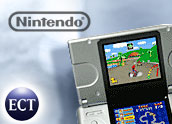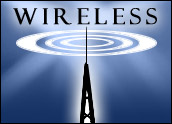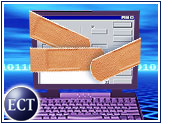
The music choices available to you via your cell phone may expand dramatically if a new offering by EMI Music UK proves successful. The company will join with Carphone Warehouse to offer Robbie Williams’ new “Greatest Hits” album on a preloaded memory card that can be played by many newer cellular phones. The release marks the first time a major company or artist has sold music in this format.
The card will contain video of Williams in addition to the album’s musical content. If it’s a hit with the public, EMI expects to release additional music on memory cards in time for Christmas.
To Kevin Arnold, founder and CEO of the Independent Online Distribution Alliance, the new idea makes perfect sense.
Consolidating Devices
“Any new device that enters the market is good for the general acceptance of digital music,” he said. “The cell phone may well become the all-in-one device. Why carry more than one thing in your pocket if you don’t have to?”
The card also makes portable digital music available to those without an Internet connection.
Convenience comes at a price, however. The Williams album on the memory card will cost about US$54, almost three times the price of the average CD. That’s potentially a significant issue, as is the proliferation of different types of memory cards on the market today.
The EMI card is a Multimedia Memory Card or MMC. It is one of several incompatible card types used as storage devices for phones, cameras, and handheld computers. There is no guarantee that the card that works in one digital device will work in another.
Game is Changing
Still, IODA’s Arnold sees the new release as a step in the right direction. “Digital music right now is largely driven by major labels and music publishers,” he points out. “I think that’s going to change.”
Legal downloading services, offered by such well-known names as Apple, Musicmatch, and Microsoft, have grown in popularity because of their music’s high fidelity and low price compared to CDs, as well as their reliable service and large product catalogs.
Apple, which has announced a partnership with Motorola, will also begin allowing consumers to transfer iTunes music from their computers to Motorola’s “next-generation” mobile phones, using USB or Bluetooth connections. Apple will also create a new iTunes mobile music player that will be the standard music application on all of Motorola’s mass-market music phones. A spokesperson for Apple declined comment for this article.
As popular as online digital music sites are, file format compatibility remains a concern, and consumers who want to download from more than one site and combine the music on a single CD need persistence as well as patience. Says Arnold, “It’s like they’re trying to make us waste as much time as possible.”


















































